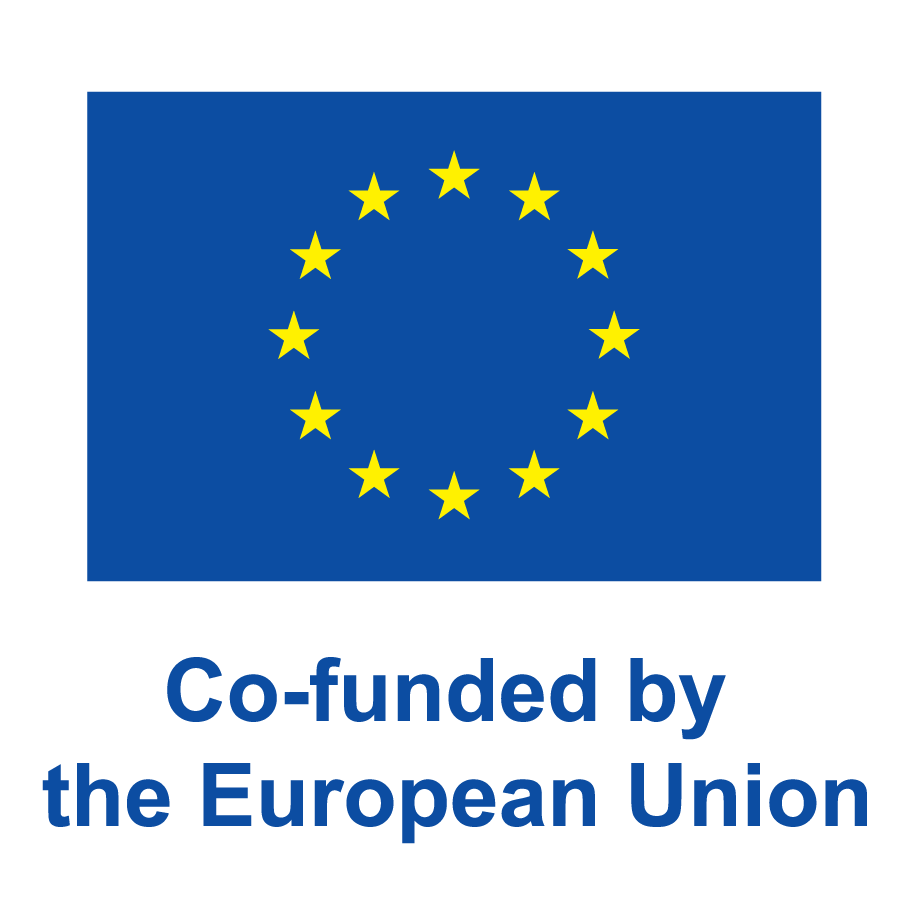the Project

theatre experiment to
reimagine the
relationship between
culture & sustainability
The Project
STAGES has three key project strands: SUSTAINABLE PERFORMANCES SUSTAINABLE TRANSFORMATION SUSTAINABLE FUTURE
An ambitious sustainable theatre experiment
STAGES (Sustainable Theatre Alliance for a Green Environmental Shift) is an ambitious theatre experiment to challenge how the cultural sector interacts with the concept of sustainability.
14 influential theatre organisations, including a leading European theatre network, a theatre partner from Asia and partners in academia, have joined together with director Katie Mitchell and choreographer Jérôme Bel – two artists that are renowned for embedding sustainability in their work – to test radical solutions to the biggest challenges posed by the climate crisis.
STAGES is supported with co-funding from the European Union.
These are delivered via three project strands:
- SUSTAINABLE PERFORMANCES: RE-STAGINGS: Partners have developed an innovative coproduction system to tour urgent new performances on the climate crisis around Europe and as afield far as Taiwan -- without moving any people or items. The STAGES shows will be recreated entirely with local resources (a local director, local actors, local sets and even locally generated electricity).
- SUSTAINABLE TRANSFORMATION: A new auto-analysis process, developed by Théâtre Vidy-Lausanne and the Competence Center in Sustainability of the UNIL, will guide partners to identify key areas for sustainable change in their organisations. This work is based on the holistic understanding of sustainability in the Doughnut Economics concept and therefore assesses buildings, waste, and wider themes such as audience travel and work-life balance.
- SUSTAINABLE FUTURE: An annual series of participatory Forum events and workshops will bring together artists, scientists and audiences to dream of ‘desirable futures’.
Ambitions
Is it possible for theatres to continue their essential face-to-face work with audiences around the globe, without further increasing the burden on the earth?
STAGES is based on a project by Théâtre Vidy-Lausanne, which has spent several years working on an initiative called ‘Sustainable Theatre?’. It was here that the long-distance collaboration with artists Katie Mitchell and Jérôme Bel began, attempting to answer three fundamental questions:
- How can we deal with the multiple issues of sustainability on stage?
- How can these issues be taken into account throughout the entire process of creating and touring with a show?
- How can theatrical institutions come together and question their practices and working models?
The 14 STAGES partners build on this innovation and scale-up the learning and creative thinking processes across Europe, connecting with partners in academia and a leading European theatre network.
STAGES comes at a time of reckoning, with theatres urgently requiring new ways to become resilient and inclusive after two years of the pandemic. At the same time, they are equally committed to making up for lost time in implementing the UN’s Sustainable Development Goals (SDGs). The project is therefore a bold attempt to answer a difficult question: Is it possible for theatres to continue their essential face-to-face work with audiences around the globe — without further increasing the burden on the earth?
And at the same time, can the wide-reaching power of culture be used to amplify the ambition, creativity and ingenuity displayed during the STAGES journey to change the that way everyone interacts with sustainability?
STAGES is heavily influenced by ‘Doughnut Economics’
This is a pioneering and playful approach to sustainable activity by Governments and other organisations that has been described as a guide that ‘allows us to thrive while saving the planet’. It uses the image of a doughnut to describe the requirement to ensure humanity has its basic needs covered (avoiding falling into the hole in the middle) - without acting in such a way that poisons the atmosphere or destroys nature (expanding beyond the edge of the doughnut). The focus on social and environmental sustainability is especially relevant for theatres in the context of the ongoing energy debate, as STAGES partners seek new ways to be resilient and to re-establish a relationship with audiences that have lived through immense social challenges.

